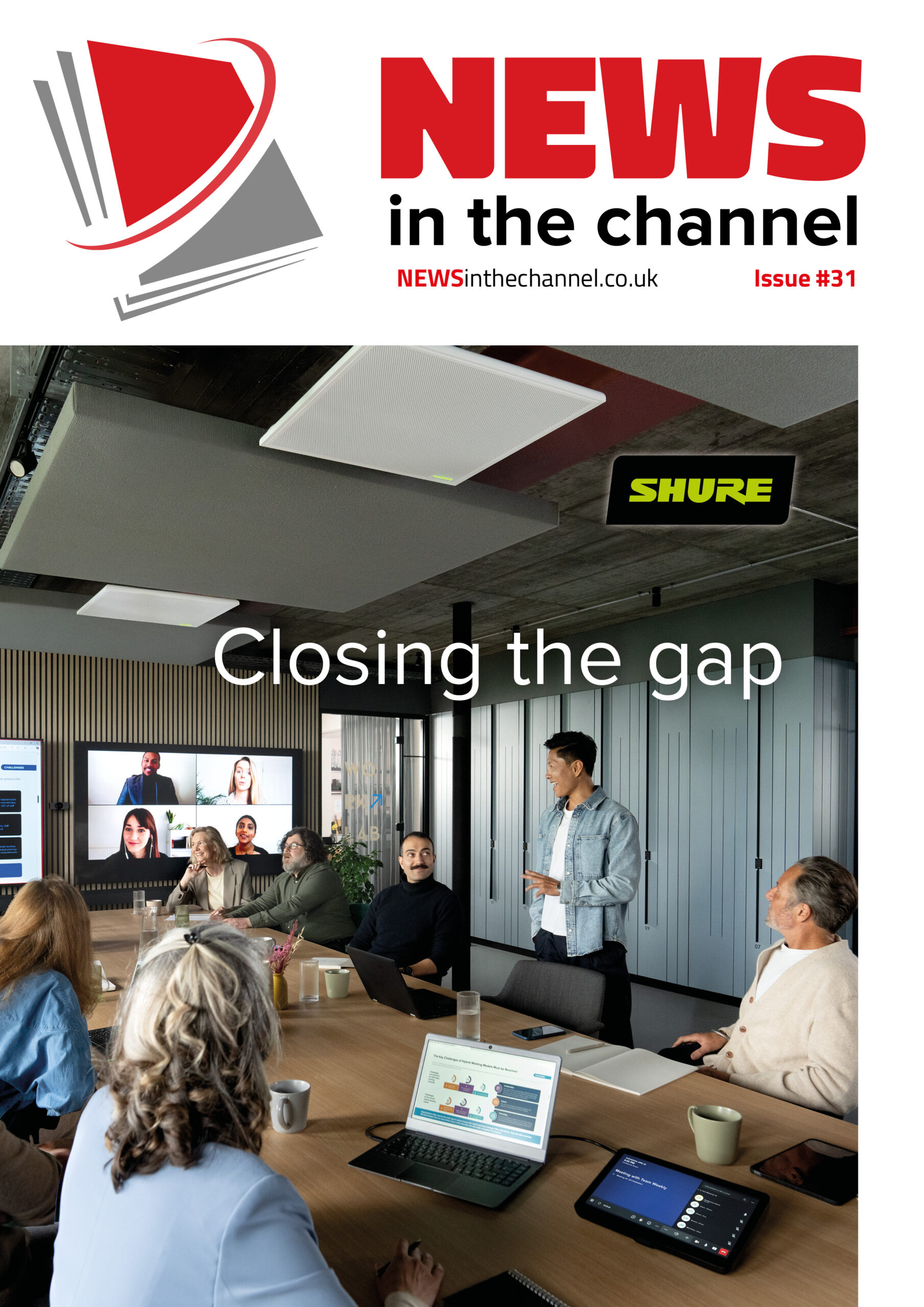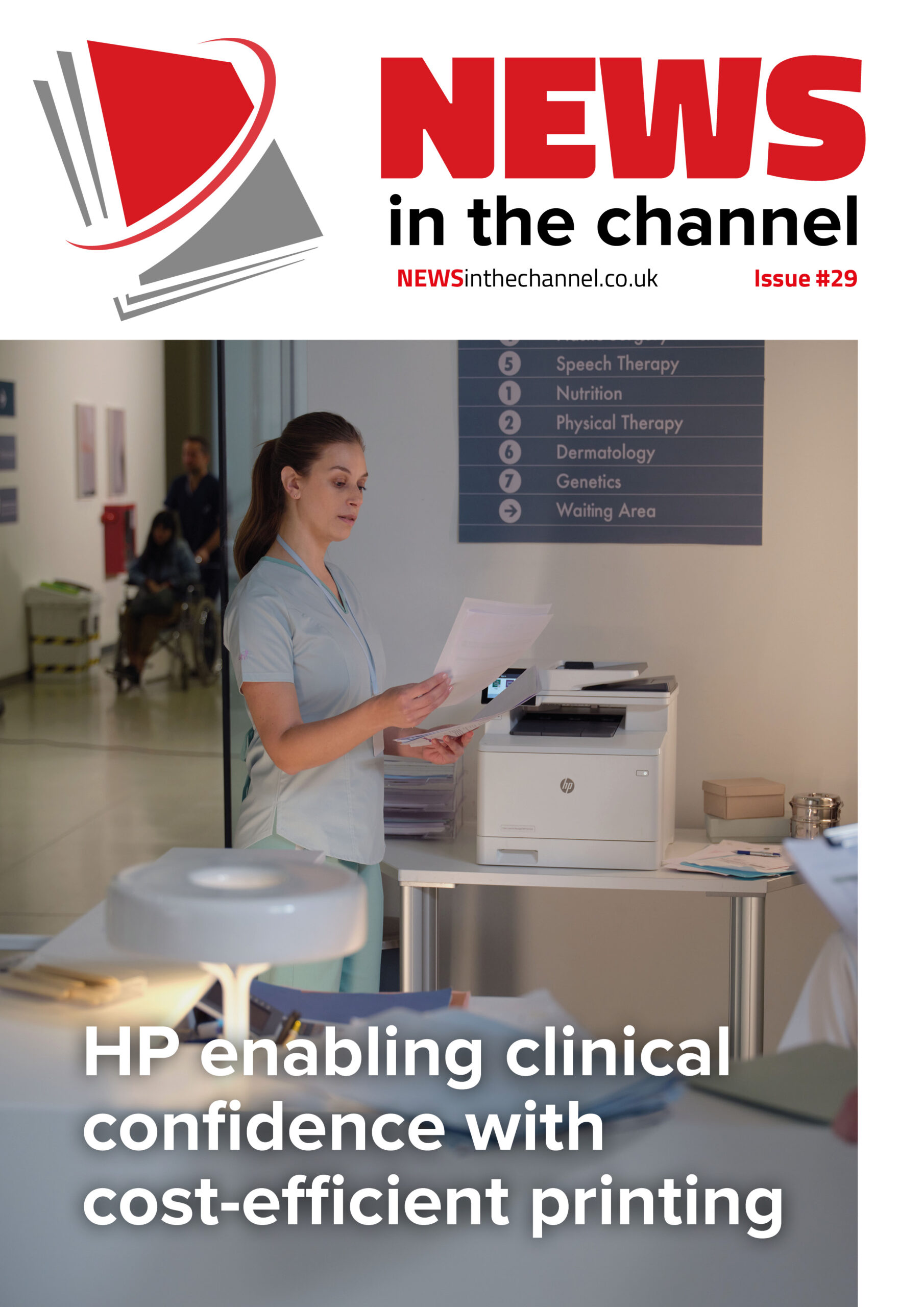Industry expert Alex Tatham says that while it is a tough time for technology resellers, there are still nevertheless opportunities for new sales to be grabbed and to grow the business.
There is little that Alex Tatham – who recently took up a new role as global client and marketing director at NSC Global, having left WestCoast – hasn’t seen in the decades he has been involved in the sector. So while times are currently tough for customers, resellers and manufacturers alike, he knows that there are still plenty of opportunities available too.
“It is fair to say that business is pretty tough and much tougher in the IT industry than it has been for some time,” he says. “Most IT businesses did pretty well during COVID, but post-COVID it has got tougher.”
“There is a big focus on pushing it back to dealers who become managed service providers and offer that value added service. That is what I would advise dealers to focus on.”
For instance, in the PC market, there are more PCs available, lead times are much shorter than they have been and as a result there is plenty of stock in the channel, especially in consumer products. This, says Alex, is down to diminished demand for consumer products, which is due in part to the state of the economy and because many people got a new laptop during COVID. “So there is a glut of product in the consumer space and it is a pretty tough place to be as a result,” he says.
“But on the enterprise side there is still huge demand, but supply is poor, especially for networking devices – switches etc – there is a real lack of product out there and some lead times are huge, up to a year. That is not going to free up for another 18 months.”
There are several reasons for this, Alex reckons. Firstly, there are several component shortages currently. “When you are building a complex device, it needs many more components and if only one of those is missing you can’t ship the whole thing.”
Meanwhile, demand in the corporate world for IT is rising. “IT tends to do quite well in a recession as companies tend to invest in machines, not people,” says Alex. “But the product isn’t out there. That means you see inflation because of that.”
In addition, the price of shipping has gone up hugely in the past couple of years, due to COVID in the main, and that continues to impact businesses.
Dealer development
With the current tough economic conditions set to stay for the foreseeable future, it means that everyone is fighting over the same products, so dealers must tailor their offering to gain a competitive advantage, Alex says.
“The first thing is to make sure you don’t over-promise your customers,” he says. “If you bullshit your customer and tell them you will get certain things and then you will very likely let your customer down and as a result won’t be trusted in the future. Being open is key: Distributors need to be open with resellers and resellers need to be open with their customers and transmit the latest information they have to them.”
But resellers need to do more than just communicate effectively – they should look to offer services and managed services as well as products to customers, he adds. “That should be a critical focus. Their value is not just being a dealer – finding some kit – but they need to get to grips with what their customers want and what services they want and be part of that IT journey that many end users are going on.
“A dealer’s job is to add value to your customer. Managed services are sticky, and customers want it – so turn yourself into a managed service provider. End users don’t want to manage the IT as it is complex for them and want to pass it to an expert.
“There is a big focus on pushing it back to dealers who become managed service providers and offer that value added service. That is what I would advise dealers to focus on.
“Make sure you get under the skin of your end user, add value to their project and do it now but at the same time being realistic with customers, saying you will not be able to do some of this work until the product turns up – but you will get a lead time for it.”
Trends to exploit
There are other trends in the industry that Alex believes can be capitalised on. “The joy of the IT industry is there is bucketloads going on,” he says. “There are top trends like 5G and IoT [internet of things], robotic process automation is being adopted by more large corporates, security is still a number one priority for many CIO agendas, and more are moving to hybrid cloud environments. A lot of corporates are also looking to not over-staff, so they are buying a lot more IT services from third parties.”
Another related trend in tech is the move to unified comms. Alex cites HP’s recent $3.3 billion acquisition of Poly as an example of this. “They can see the move to ensure people can communicate effectively on devices – this is an IT product now not a parallel channel in voice communications. This is going to scrunch these things together and bring the communications industry kicking and screaming into the IT sector.
“They have been working in parallel and we have been talking about conversions for many years, but now it is all over, all the copper wires are effectively decommissioned in 2025. From 2025 everything is going to be soft voice and Microsoft Teams especially is going to be the future. In big corporate networks, all the voice is going to be done over the network and over Teams and I think Microsoft will dominate this space. The devices around it is going to be important, and we are going to see that pull all into the corporate space. If I were a dealer, I would be recruiting voice experts to be able to pull that into the space.”
Opportunities everywhere
Alex also recommends healthtech as a space to watch, with increasing amounts of technology around health and wellbeing and health products. “This is one area that has some way to go, in the UK and around the world.
Even rising energy costs can present an opportunity, he says. “Energy prices are only going one way, which will drive a focus on energy efficiencies,” he says. “On a corporate level, they are going to look for data centres that are more energy efficient or invest in green energy. It is a good space for people to be. The energy efficiency of a data centre or computing environment hasn’t generally been part of the conversation – it has always been about security or other efficiencies – but energy efficiency is going to be an interesting conversation to have with the end user.”
So while times will remain tough, as ever there are opportunities to make new sales and increase existing ones for those resellers that are dynamic enough to take them.
https://nscglobal.com











